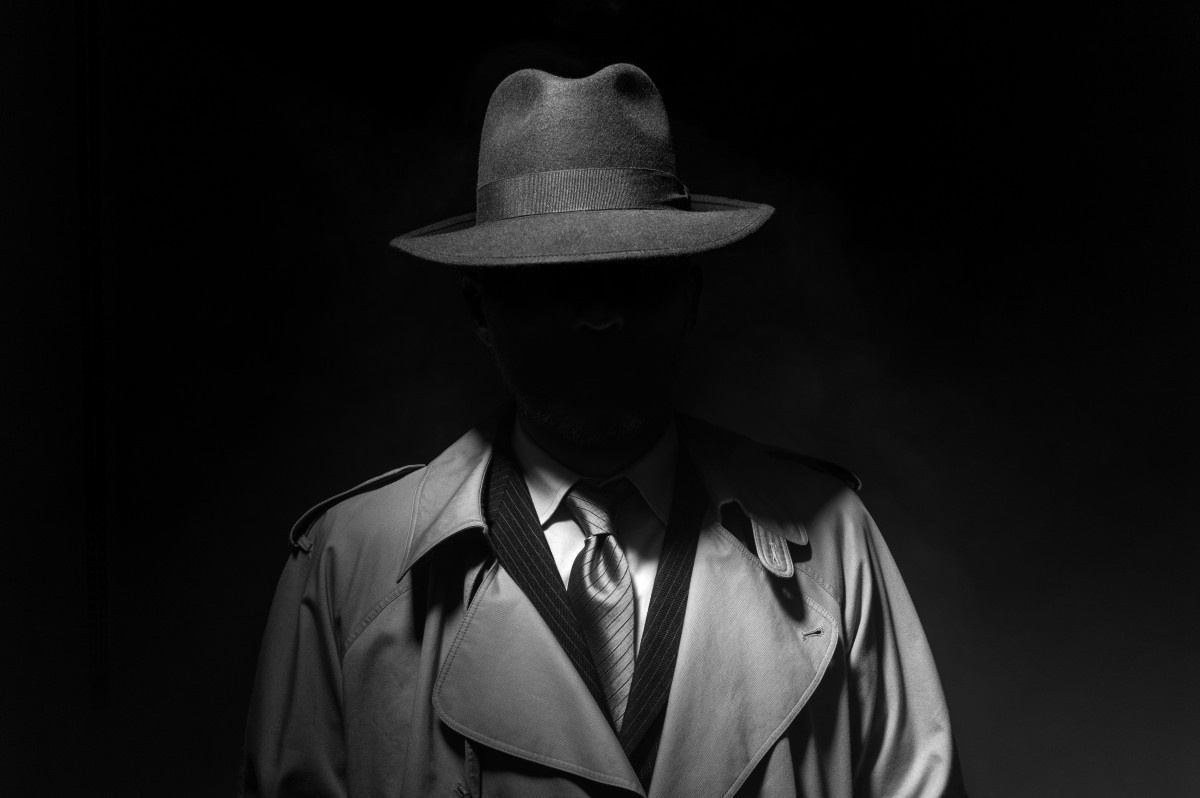Career aspiration detective: What distinguishes a good detective?
This is what a budding detective needs as a tool
Every job profile requires its very special aptitude. Manual dexterity, creativity and the ability to deal with people characterize a hairdresser. A kindergarten teacher has to know how to deal with the little ones and needs a lot of patience. But what are the basic personal requirements that a detective needs to be able to do well in his job?
The answer might surprise many, because a detective does not need a dominant, conspicuous appearance, but rather should be inconspicuous. He must be able to observe very closely and have an eye for detail. A great deal of mental flexibility is required to be able to combine – sometimes also to be able to interpret what is observed correctly. If character traits are added, such as patience, combination skills and accuracy, there is a good chance of becoming a good detective. Good knowledge of German, mathematics and economics must be brought along to school. In addition, physical fitness is absolutely necessary in order to be successful at work.
A certificate of good conduct, a tax clearance declaration and proof of expertise must also be submitted for the start of training and the practice of the profession. You must also be of legal age and have a class B driver’s license.
Important quality features of professional detectives
The professional title of detective is not legally protected. This also means that it can sometimes be difficult to distinguish a well-trained professional from a layman – at least as a client. If you are looking for a well-trained detective, you should make sure that the detective agency works with TÜV-certified detectives and, in the best case, is a member of the Federal Association of International Detectives, such as the detectives of the Lentz Group, which has numerous branches in Düsseldorf and throughout Germany converse.
This training is possible for a prospective detective
Even without a highly official, legally protected job title, there is training to become a “ZAD-certified private investigator”, which ends with an IHK exam. The training, which lasts a total of two years, is reminiscent of the well-known dual training with theory and practice units. The final exam is written, practical and oral. In addition, an extensive thesis must be prepared.
Ideally, prospective detectives learn the content of the exam directly in practice, while following a so-called mentor, as well as by attending special seminars and training courses. Regular further training is just as important in the detective trade as in other areas. The basis of the vocational training plan for prospective detectives is what has been developed by the industry-relevant professional associations. The ZAD, the central office for training in the detective trade, is a leader in training.
The ZAD shows three training options online:
- the intensive course, which prepares you for the exam within ten months
- the combined course, which lasts 22 months
- the special course, which teaches the skills required for a security guard in retail within six months
This learning load is behind the ZAD-certified courses
The intensive course has a total of 60 topics on the curriculum, which are bundled on around 2,800 informative pages. The intensive course is designed as a distance learning course, for which at least nine hours of study are to be spent per week. There is also a face-to-face seminar. The same content must also be learned in the combination training. However, more time is available for the learning content. The course module was designed to enable internships in a detective agency at the same time. This ensures the timely, direct implementation of what has been learned in practice.
Well equipped – for these practical assignments
Although the training measures are not state-recognized, they are precisely tailored to enable you to work successfully as a detective. For example, these knowledge and skills are imparted:
- surveillance There are different types of observation, such as the observation cauldron, the ABC system, the observation bell and line observation, the theoretical basics of which are taught and practiced. This involves setting up and conducting an observation as well as legally impeccable behavior during an observation.
- investigations. In order to obtain valid information, research and determination must be carried out. Which contact points there are for detectives and how the information is obtained legally (!) so that it can also be used in court, if necessary, falls within the scope of the investigations.
Right. A large part of the training is concerned with imparting knowledge about various rights to prospective detectives. The list of rights that must be learned in the course of detective training is somewhat reminiscent of a law degree, and yet it forms the necessary basis for acting and researching in accordance with the law. Protecting the personal rights of third parties is particularly important for detectives on the job. In addition, the pitfalls are usually in the details, as can be seen in the difference between iA and iV.
- Practice. The use of what has been learned in practice and practical knowledge are particularly important in the detective trade. This means, among other things, that it is conveyed how a detective behaves as inconspicuously and safely as possible on the road when he is observing. However, this also means that a detective knows how to use technical aids, such as a radio or a camera, safely and correctly.
